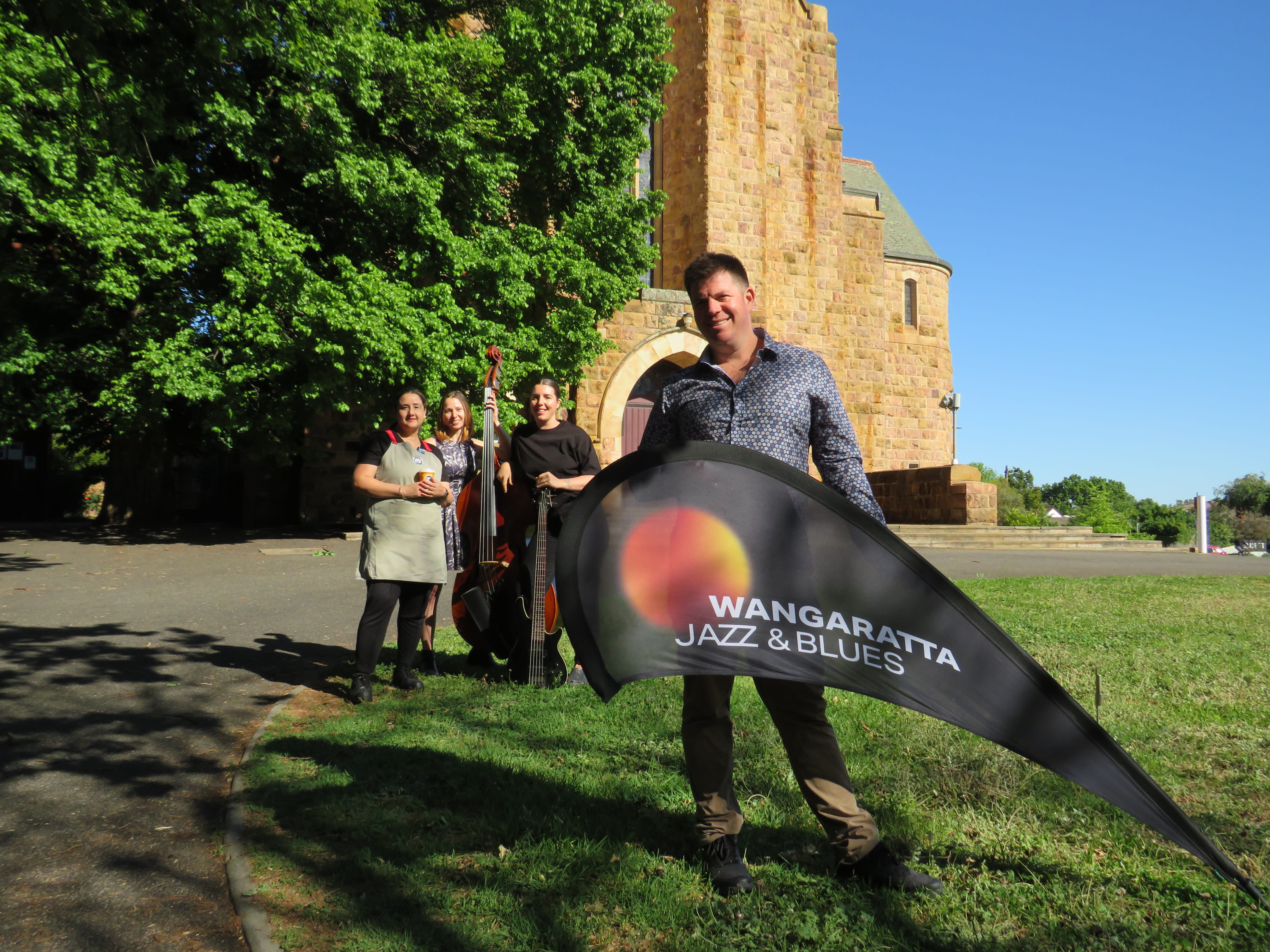North East primary producers are set to benefit through the awarding of funding to local organisations implementing programs that encourage the adoption of sustainable farm practices.
The Australian Government’s Climate-Smart Agriculture Program provided funding to the North East CMA to help farmers adapt or transform their farming systems in response to the ongoing challenges of climate change.
Farmers have long faced the twin pressures of climate variability and fluctuating commodity prices—both largely beyond their control.
Funding will strengthen the capacity of farmers to make informed decisions that help them navigate these everyday risks they face.
North East CMA chief executive officer, Katie Warner said 21 applications worth almost $700,000 were received, showing the strong demand for on-farm demonstrations, field days and training in sustainable agriculture.
Latest Stories
“With the compounding impacts of bushfires, floods and dry conditions on local farm businesses over the last six years, on top of increasing consumer demand for products with lower environmental impacts, interest in practices that improve farm resilience and increase access to market premiums is high,” she said.
$330,000 has been allocated to support 12 projects across the region, each addressing key challenges for farming communities—such as improving soil health, enhancing on-farm biodiversity, shade and shelter, and building resilience of pasture and animal management systems.
These grants will help increase the adoption of sustainable and innovative farming practices and highlight some of the most promising strategies for future success.
The successful projects will be implemented over the next 2.5 years:
The Indigo Shire Council received $22,840 to extend the existing TAFCO Online Weather Station Network to include two additional weather stations.
Providing access to real-time weather data and forecasting to landholders, growers and primary producers in the Kiewa/Gundowring district, Everton Upper and the Beechworth wine region, the project will address a gap in the current network.
This initiative is especially important given the topography of the region and varying microclimates that exist, supporting a diverse range of horticultural and agricultural production.
Mitta 2 Murray Landcare was granted $40,000 to run a soils program, with a goal to build healthier soils and improve pasture management and resilience.
Winemakers of Rutherglen were successful in their application for $40,000 in funding to enable 16 participating wineries in the region achieve carbon neutral certification, positioning Rutherglen as the world's first net-zero wine producing region.
Conducting a pilot trialing low-Input, high-resilience winegrowing, the group aim to set a transformational model for regional climate leadership across agriculture, tourism and sustainability sectors worldwide.
Another project to secure $40,000 is designed to tackle the increasing prevalence of diseases such as brown rot impacting the chestnut industry
Approximately 70 per cent of the country's chestnuts are produced in north-east Victoria, with diseases to the crop closely tied to the complex interactions between soil health, weather and orchard management practices.
Led by Chestnuts Australia, the goal of this pilot is to develop a predicative model that enables growers to better anticipate and manage disease risk, improving productivity, sustainability and industry resilience.
The Upper Murray Landcare Network received $39,400 to continue to support and encourage sustainable land management and production and build a resilient natural
environment in a changing climate.
The Boorhaman Landcare and District Group is putting $15,000 towards identifying soil type changes and levels across the paddock using modern mapping techniques, with data used to inform the use of inputs.
Wodonga Urban Landcare Network in partnership with Leneva Castle Creek Landcare are using their $30,000 grant to host a series of on-ground workshops to improve production and biodiversity, through things like the planning of native shelter belts and protection of paddock trees and remnant vegetation.
The Victorian No Till Farmers Association received $10,000 to host a practical workshop and online webinar, with the tool giving landholders the skills to measure, assess and manage the biological and physical health of their soil.
Greta Valley Landcare Group will be looking to build climate resilient agriculture and sustainable farming practices in the Greta Valley, by investing their $34,000 in peer learning events and establishing demonstration sites amongst other initiatives.
Edi Black Range Catchment Group has a strong interest in improving farm dams and through a support program and demonstration, they are investing their $10,000 to achieve this.
Shelterbelts and the benefits for biodiversity and livestock are on the agenda for Benambra Dinner Plain Omeo Landcare Group with their $19,905 grant
And the Burgoigee Creek Landcare Group Inc with funding of $30,000 are delivering a project of engagement and on-ground works aimed at improving biodiversity of farms.
For further information please visit the North East CMA website (necma.vic.gov.au).
This project is supported by the Australian Government through funding from the Natural Heritage Trust under the Climate-Smart Agriculture Program.

















